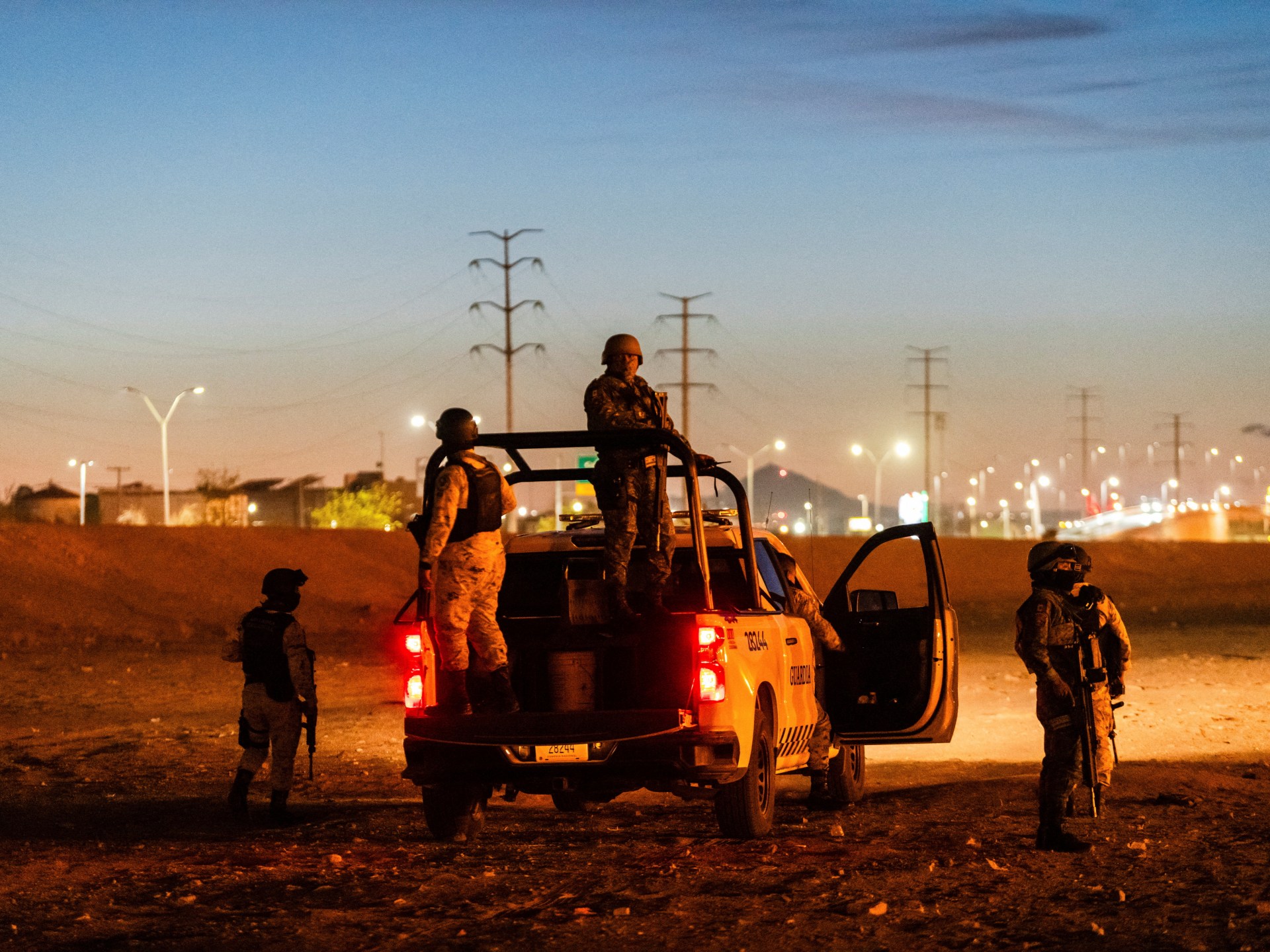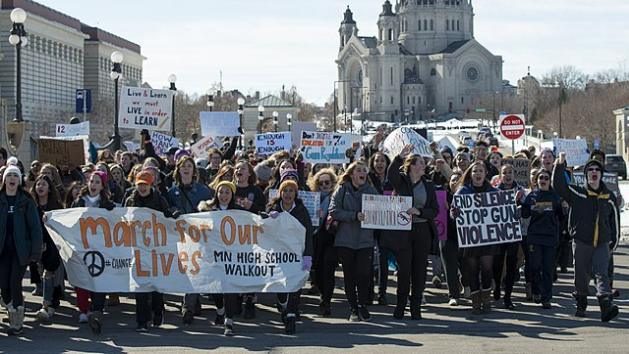What is the Texas immigration law ‘SB4’, and why is it so controversial? | Migration News
A US federal appeals court has blocked Texas’s controversial immigration law, hours after the Supreme Court allowed the state to begin enforcing the measure.
Here is what we know about the law and the latest updates:
What is the Texas immigration law?
The law known as Texas Senate Bill 4 (SB4) was signed into law by Republican Governor Greg Abbott in December, and it makes it a crime for foreigners to enter Texas from anywhere other than a legal port of entry. Texas and Mexico have 11 land ports that are legal crossing points between them. Typically, immigration enforcement is handled by the federal government.
While crossing the US border is already a federal crime, typically processed as a civil case within the immigration court system, SB4 introduced penalties of up to 20 years in prison for illegal re-entry into Texas.
After their arrest, migrants could also be ordered during the court process to return to Mexico – without Mexico’s consent – or face prosecution if they did not agree to go. Officers are also empowered to detain people suspected of crossing the border illegally.
SB4 is an extension of Abbott’s “Operation Lone Star“, a border security programme launched in March 2021 and has since grown into a $12bn initiative.
Under the programme, the governor has planted razor wire along the border, built a floating fence in the Rio Grande, increased the number of Texas National Guard members in the area and ramped up the funds available to local law enforcement to target migrants and asylum seekers.
Abbott says the law is necessary due to US President Joe Biden’s failure to enforce federal laws criminalising illegal entry or re-entry.
What did the Supreme Court rule on Tuesday?
The top US court on Tuesday voted six to three to allow SB4 to go immediately into effect.
The law was temporarily blocked last month, after David A Ezra, a federal judge in Austin, Texas, said it “could open the door to each state passing its own version of immigration laws”. On March 5, Supreme Court Justice Samuel Alito also put the law on hold.
On Tuesday, two justices said that the majority’s decision to allow the law to come into effect could lead to “further chaos and crisis in immigration enforcement,” Justice Sonia Sotomayor and Justice Ketanji Brown Jackson jointly wrote.
“The Court gives a green light to a law that will upend the long-standing federal-state balance of power and sow chaos,” they added.
The ruling was also opposed by liberal Justice Elena Kagan.
What were the reactions to the Supreme Court ruling?
Texas Attorney General Ken Paxton called the decision a “huge win”. Meanwhile, the Biden administration described the measure as “harmful and unconstitutional”.
Abbott said the high court action was “a positive development” but acknowledged that hearings will continue in the appeals court.
BREAKING: In a 6-3 decision SCOTUS allows Texas to begin enforcing SB4 that allows the arrest of illegal immigrants.
We still have to have hearings in the 5th circuit federal court of appeals.
But this is clearly a positive development.
— Greg Abbott (@GregAbbott_TX) March 19, 2024
The American Civil Liberties Union called it “one of the most extreme anti-immigrant laws ever passed by any state legislature” in the US.
Sean Teare, Harris County District Attorney candidate, told Al Jazeera that the ruling could create complicated legal scenarios.
“You’ll have mixed families, meaning some people are here with documentation and some aren’t, driving in the same car. You would be calling the person who’s driving, if they do have documentation, a smuggler? And charge them with a felony and rip a family apart?” Teare said.
What did the appeals court do and what comes next?
After the Supreme Court announced its ruling, the New Orleans-based 5th US Circuit Court of Appeals halted the enforcement of the law.
Chief Circuit Judge Priscilla Richman, an appointee of Republican President George W Bush, and Judge Irma Ramirez, a Biden appointee, voted to block the law. Their reasoning is not known yet.
US Circuit Judge Andrew Oldham, a conservative appointee of Republican former President Donald Trump, dissented.
The 5th Circuit court has scheduled oral arguments for 10am CT (15:00 GMT) on Wednesday on whether to block the law. According to local media reports, the appeals court is expected to continue to hold arguments next month on whether the law is unconstitutional and should be blocked indefinitely.
What has Mexico said?
On Tuesday, Mexico condemned the Texas law, after the Supreme Court approved it — and before the appeals court blocked it.
“Mexico categorically rejects any measure that allows state or local authorities to exercise immigration control, and to arrest and return nationals or foreigners to Mexican territory,” the Ministry of Foreign Affairs said in a statement.
“Mexico also questions legal provisions that affect the human rights of the more than 10 million people of Mexican origin who live in Texas, and give rise to hostile environments in which the migrant community is exposed to hate speech, discrimination and racial profiling,” it added.
The ministry also said Mexico would not accept deportations made by Texas “under any circumstances”. The ruling would lead to “the separation of families, discrimination and racial profiling that violate the human rights of the migrant community,” it said.
Mexico’s top diplomat for North America, Roberto Velasco Alvarez, also rejected the policy saying it was a federal matter.
“Mexico expresses its rejection of the US Supreme Court’s decision … Our country will not accept repatriations from the state of Texas. The dialogue on immigration matters will continue between the federal governments of Mexico and the US,” he said.
México externa su rechazo a la decisión de la Suprema Corte de 🇺🇸 por la entrada en vigor de la ley SB4. Nuestro país no aceptará repatriaciones por parte del estado de Texas. El diálogo en materia migratoria continuará entre los gobiernos federales de 🇲🇽 y 🇺🇸.
— Roberto Velasco Álvarez (@r_velascoa) March 19, 2024
Check out our Latest News and Follow us at Facebook
Original Source







